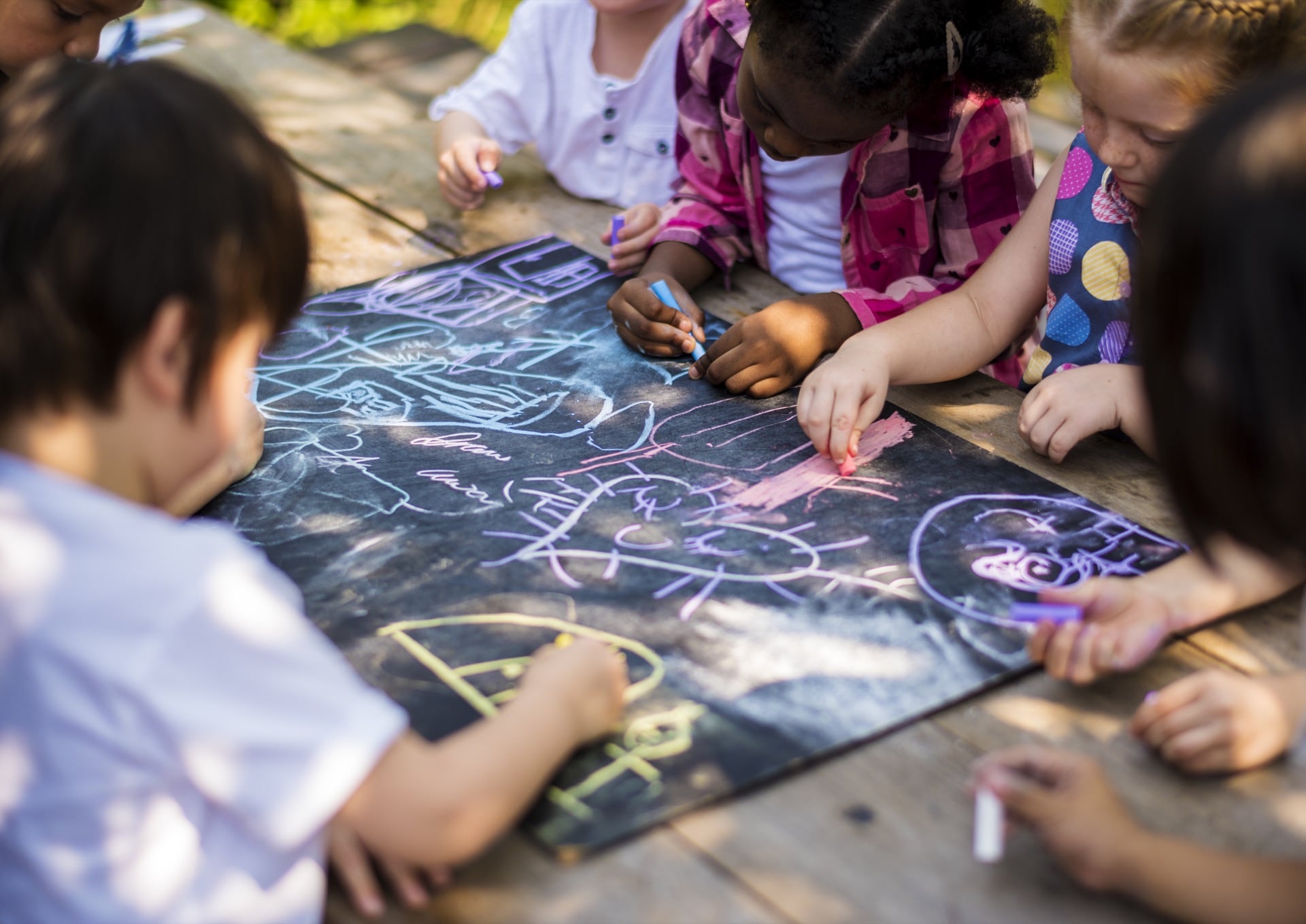In alignment with the province, we are committed to increasing kinship arrangements for children and youth in care whenever possible. Our various initiatives towards this goal, such as Signs of Safety and Family Finding, have consistently reduced the number of children and youth under the age of 18 admitted into care in Ottawa over the past five years.
Signs of Safety Service Model: The Children’s Aid Society of Ottawa collaborates with families to build safety for children and youth by respecting the family’s strengths and experiences. This involves working with families to develop their own solutions to the challenges they’re facing, based on what has worked for them in the past. The approach emphasizes the importance of families connecting with their personal networks of family, friends, and community members for support. We use various tools to develop long- and short-term safety plans, while involving children, youth and their families in the process.
Family Finding Service Model: When a child or youth requires an out-of-home placement on a temporary or permanent basis, The Children’s Aid Society of Ottawa’s Family Finding Model guides our workers to explore family and community connections to help establish a safety network, as well as to secure kinship arrangements for children and youth. The goal of this approach is to create a network of supportive relationships for children and youth in care, while collaborating, engaging and empowering families throughout the process.
Ready, Set, Go Program (RSG): The Ministry of Children, Community and Social Services launched the RSG program on April 1, 2023, replacing the Continued Care and Support for Youth (CCSY) program. Through encouraging education and skills trainings from the age of 13 onwards, RSG strives to strengthen supports and improve outcomes for youth transitioning out of care into adulthood.

Journee’s Story
Learn how The Children’s Aid Society of Ottawa helps youth in care maintain family connections.

Kurt’s Story
Learn how The Children’s Aid Society of Ottawa supports youth in care on their journey towards independence.
Data
The number of children and youth under the age of 18 admitted into care has decreased by 9.8% over the past year, and by 29.7% over the past 5 years.
Cultural Identity of Children and Youth in Out-of-Home Care
The Children’s Aid Society of Ottawa increasingly engages with community partners who serve people with diverse ethno-cultural and social identities to ensure children, youth and their families receive services that honour their diverse needs.
The Children’s Aid Society of Ottawa’s annual race-based data report outlines the data regarding the ethnicity of children and youth in out of home care. There are several initiatives underway to address the disproportionality and overrepresentation of Black, Racialized, First Nations, Inuit and Métis children and youth in care. We are taking active steps to better serve families from diverse communities and to partner with those communities to enhance our knowledge and understanding of their challenges and needs.
Children and Youth of African and Caribbean Descent in Out-of-Home Care
In 2022/23, among children and youth in out-of-home care, 18.8 per cent are from African and Caribbean communities. Of this group, only 34 per cent are currently in care, while 44 per cent received Continued Care and Support for Youth Services. Notably, the increase in the count of African and Caribbean children and youth in out-of-home care in 2022 includes those who turned 18 or older while in care. Due to a COVID-19-related moratorium on youth discharges, the service wasn’t terminated at age 21 in the past fiscal year, contributing to a sustained rise in the number of youth in care. Moreover, 14 per cent of youth were placed in kinship services, remaining within their community network while in out-of-home care.
Indigenous Children and Youth in Out-of-Home Care
In 2022/23, 42 per cent of Indigenous children and youth in out-of-home care received in-care placements. Among them, only 3 per cent were in kinship care. About 22 per cent of Indigenous youth in out-of-home care placements received Continued Care and Support to Youth, while 20 per cent remained within their community networks through kinship service placements.

